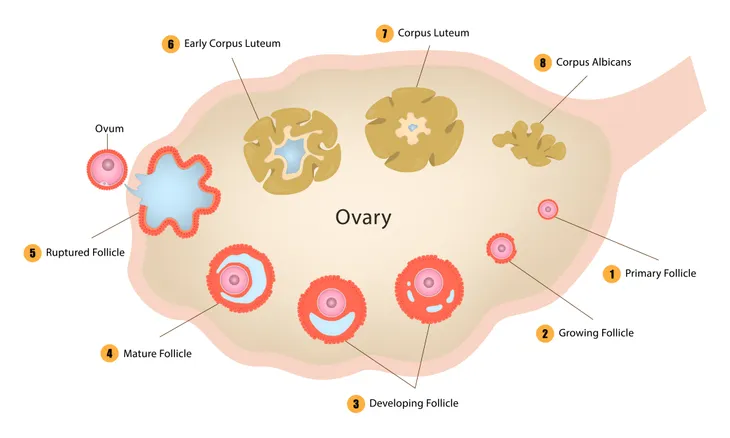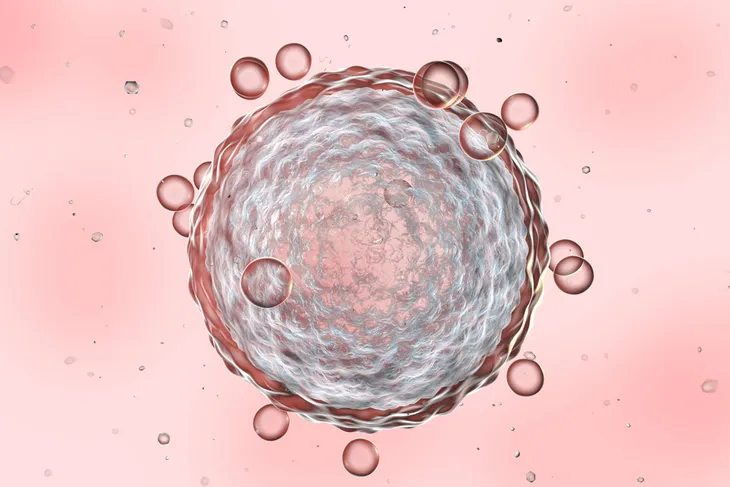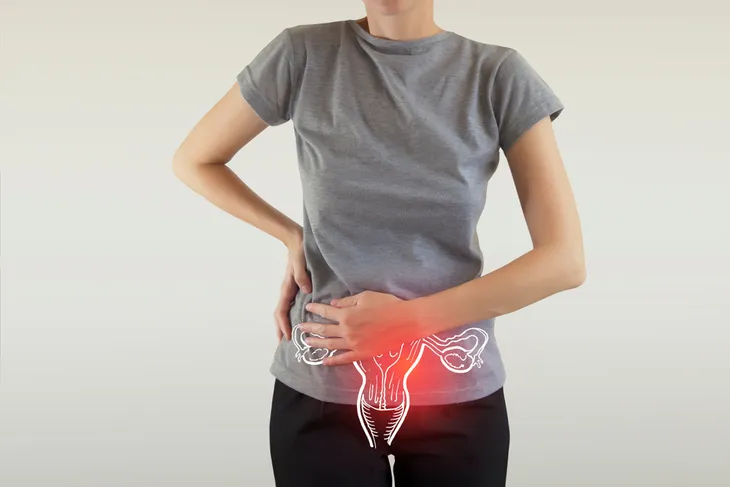An ovulation calendar will shed some understanding on what goes on inside the female body. For instance, if you are trying to conceive, following your ovulation cycle will tell you when you can expect your ovulation date, and when your most fertile days should be for conceiving.
Typically, ovulation occurs when a mature egg is released from the ovary, travels along the fallopian tube where it may or may not be fertilized.
Here are eight things to keep in mind when you’re trying to get pregnant using an ovulation calendar…
Monthly Cycle Length
On average the female cycle last roughly 28 days. However, to be more precise, measure your monthly cycle from the first day of your menstrual period until the first day of what will be your next period.
Ovulation Dates
Typically, a woman will ovulate between day 11 and day 21 during their cycle. However, ovulation can be calculated more precisely by beginning your count on final day of your last menstrual period by subtracting 12-16 days from the start date of your next period.
Ovulation Changes
Tracking your cycle will also help you determine the best chances of conceiving if you happen to menstruate and ovulate at different day each month. However, if you track your cycle each month, you can easily determine when you have the most chances of conception.
Your Most “Fertile Time”
The period during which you ovulate is known as the “fertile time” of your cycle. If you have sexual intercourse during this time, your chances of conceiving will increase dramatically.
Egg Expiry
After an egg is released it travels down the tube where fertilization may occur. There is a small window of opportunity for fertilization to occur. The sperm must meet the egg within 24 hours of ovulation. Normally, only one egg per ovulation period is released. Having intercourse during this 24-hour window will offer the best chances of becoming pregnant.
Hormonal Changes
For some women, ovulation can be physically felt with tinges of pain in the ovarian region. Light spotting may also occur during ovulation and isn’t a cause for concern.
Egg Fertilization
The sure sign of successful fertilization is a missed period (particularly if you’re very regular). However, if the egg is not successfully fertilized, it will disintegrate, become absorbed into the lining of your uterus, and you will get your period.
Other Health Issues
If your menstrual cycle is very regular, a change in your ovulation cycle or monthly period can indicate other health issues. For instance, if you are overly stressed or ill, even those most predictable cycles can be interrupted. So pay close attention to your cycles and report any concerns to your health care professional.











